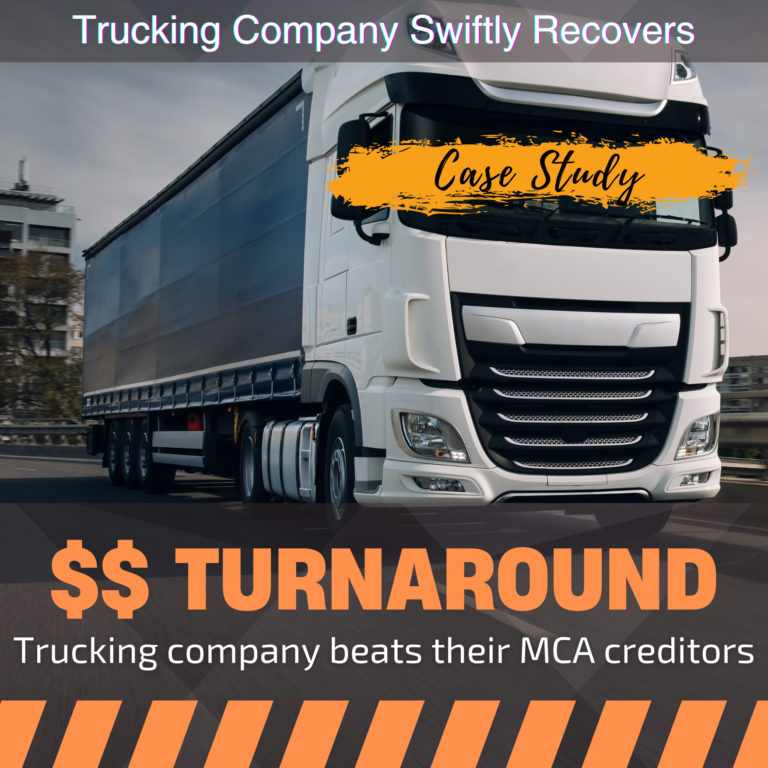By Kenny Butler
•
September 15, 2024
What is an MCA – Merchant Cash Advance? An MCA or Merchant Cash Advance is a type of alternative financing offered by lenders to business owners who may not qualify for traditional bank loans. The cash total of an MCA is based on a percentage calculation of the business’s future revenue or receivables and provides fast access to capital. MCA transactions are typically structured as a lump sum payment to the merchant, with the lender receiving a portion of the business’s daily sales for repayment. The MCA industry is not highly regulated, and, in fact, these lenders aren’t obligated to follow usury laws because, technically, a merchant cash advance is not a loan. It’s a purchase of future receivables. How did the MCA Industry grow? During the global economic downturn of 2008, merchant cash advances were one of many sectors to undergo significant change. MCAs stepped in to fill the gap left by traditional banks’ reluctance to lend after the economic downturn by providing short-term funding to struggling businesses. After the Great Recession, it became harder to get traditional small business loans because banks tightened their lending rules. Adaptations in the lending industry in response to the economic downturn have contributed to the sustained growth of merchant cash advances. In the 2010s, merchant cash advances (MCAs) continued to grow as larger lending institutions started providing MCAs and other alternative forms of financing. What are the MCA Companies Up to Exactly? There is tremendous competition in the MCA industry, with lenders who operate in the merchant cash advance realm working with brokers and funders who are all vying for the same business. The merchant cash advance industry has been under scrutiny in recent years for its questionable practices. Many MCA companies have been accused of manipulating their clients and competing with each other in unethical ways. High Rate One of the most common tactics used by MCA companies is to offer loans with high-interest rates and hidden fees. These high-interest rates can make it difficult for businesses to repay the loan, leading to a cycle of debt that can be hard to break out of. Additionally, some MCA companies have been known to offer loans without fully disclosing the terms and conditions, leaving borrowers unaware of what they are signing up for. Tactics Another tactic used by some MCA companies is to compete unfairly with each other by offering lower rates than their competitors. This can lead to a race-to-the-bottom mentality where businesses are forced into taking out loans from the lowest bidder regardless of their creditworthiness or financial situation. Predators Finally, some MCA companies have been known to engage in predatory lending practices, such as targeting vulnerable populations or offering loans without conducting proper due diligence on potential borrowers. This can leave businesses in an even worse financial position than before they took out the loan.











